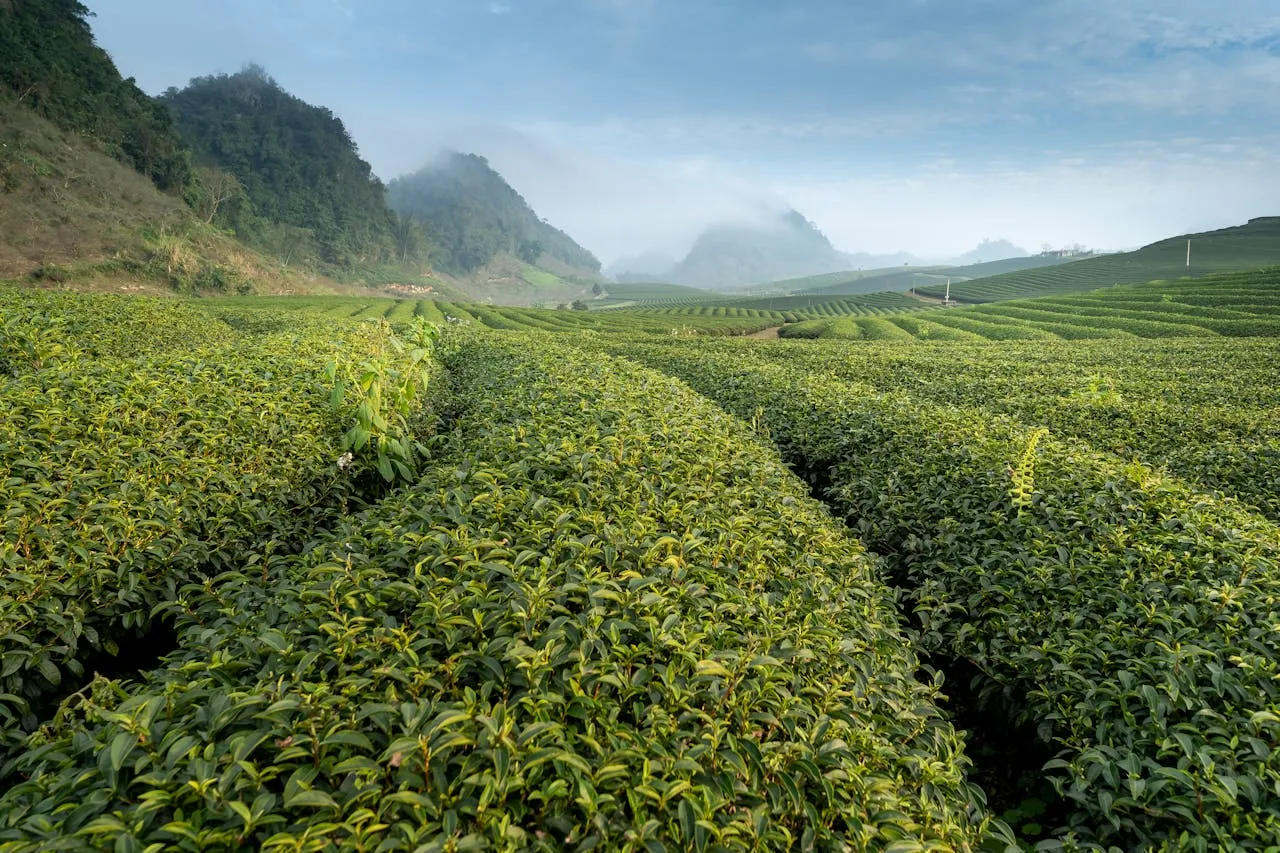
PhosAgro, a global leader in the production of phosphate-based fertilizers, has partnered with the United Nations Food and Agriculture Organization (FAO) to launch a series of scientific and practical workshops dedicated to soil recarbonization. These workshops are being conducted under the umbrella of the RECSOIL (Recarbonization of Global Soils) initiative, a pioneering global project spearheaded by the FAO’s Global Soil Partnership (GSP). The initiative aims to enhance the carbon content of agricultural soils while simultaneously reducing greenhouse gas emissions through the implementation of sustainable soil management practices.
In 2024, PhosAgro joined forces with AgroGard and the Faculty of Soil Science at Lomonosov Moscow State University to implement the RECSOIL project in Russia, with the official support and coordination of the FAO. This collaboration represents a significant milestone for sustainable agriculture in the region, aligning local practices with global efforts to combat climate change and promote food security.
Inaugural Workshop Sets the Stage
The first workshop in the newly launched series was conducted online and centered around critical aspects such as data requirements, spatial data usage, and soil sampling methodologies. The seminar brought together a diverse and highly qualified group of participants, including faculty members and researchers from leading Russian academic and scientific institutions. Among those represented were Lomonosov Moscow State University, the Russian State Agrarian University – Moscow Timiryazev Agricultural Academy, Kazan (Volga) Federal University, the National Research University Higher School of Economics, the Institute of Soil Science and Agrochemistry of the Siberian Branch of the Russian Academy of Sciences, and the A. S. Isaev Centre for Forest Ecology and Productivity of the Russian Academy of Sciences.
In addition to academic representatives, the workshop welcomed technical experts and soil scientists from PhosAgro, AgroGard, Kept Taxes and Consulting, and members of the Russian Soil Laboratory Network (RUSOLAN), a key player in soil survey and analysis in Russia. These participants were introduced to a comprehensive set of tools and methodologies developed for the RECSOIL initiative, aimed at ensuring standardized, reliable, and actionable data collection in soil monitoring.
The seminar also included an overview of a specific pilot project currently underway in the Oryol region. This project, led jointly by PhosAgro and AgroGard with scientific oversight from Lomonosov Moscow State University, is providing real-world insights into how sustainable practices can be applied effectively on Russian farmland.

Global Significance of Soil Carbon and Capacity Building
Natalia Rodríguez Eugenio, Land and Water Officer at FAO and a member of the GSP Secretariat, emphasized the importance of this collaborative endeavor. “We are incredibly grateful for PhosAgro’s continued support of the Global Soil Partnership and particularly for their engagement in the RECSOIL initiative,” she said. “Through this support, we have the unique opportunity to pilot RECSOIL in Russia, one of the world’s major agricultural regions. This week’s training is designed to introduce the project’s toolkit to the technicians responsible for monitoring soil health. Our long-term goal is to build capacity among both experts and farmers, sharing essential knowledge for the adoption of sustainable soil management techniques that enhance soil organic carbon stocks.”
Rodríguez Eugenio highlighted that increasing soil organic carbon is crucial for achieving climate goals, reversing land degradation, and boosting agricultural productivity. “Healthy soils are not just the foundation of our food systems—they are also key players in the global carbon cycle,” she noted.
PhosAgro’s Role in Global Soil Health
Speaking on behalf of PhosAgro, Alexander Sharabaika, Deputy CEO for Finance and International Projects, reaffirmed the company’s commitment to sustainable agricultural development and soil conservation. “Thanks to our collaboration with the FAO and the GSP, RECSOIL is now being implemented on Russian soil. This series of workshops and training sessions is an integral part of the project and provides Russian farmers and agricultural scientists with access to world-class expertise in sustainable soil management. We believe PhosAgro’s ongoing support for the GSP sets an example of how the private sector can play a positive role in safeguarding the environment while promoting food security.”
Sharabaika also underscored the dual benefits of sustainable soil practices—higher crop yields and improved food safety—made possible through soil fertility preservation and the reduction of harmful chemical usage.
A Broader Commitment to Soil Science
PhosAgro’s collaboration with the FAO dates back to 2018, when the company began supporting the development and implementation of the Global Soil Laboratory Network (GLOSOLAN). This initiative now comprises over 1,000 laboratories in 160 countries, all working together to harmonize soil analysis methods and improve the competency of laboratory personnel. The ultimate aim is to ensure consistent, accurate soil diagnostics that form the backbone of effective land management policies worldwide.
The company also contributes to the Soil Doctors programme, an innovative farmer-to-farmer training model launched by the GSP. This programme provides farmers with practical knowledge and diagnostic tools that enable them to assess and manage the health of their soils independently. Each participating farmer receives a soil kit—an easy-to-use set of instruments and guidelines for evaluating field conditions, identifying degradation risks, and choosing appropriate corrective measures.
Through the Soil Doctors initiative, knowledge is shared at the grassroots level, empowering farming communities to implement environmentally responsible practices that support long-term agricultural productivity and ecosystem resilience.




